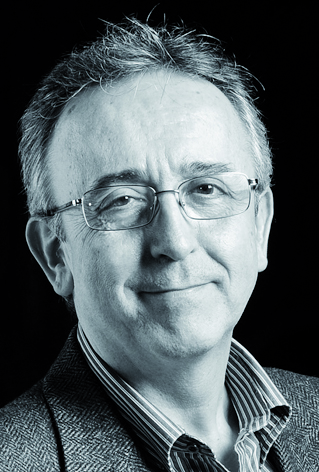Full Professor of Biochemistry and Molecular Biology at the Univ. of Barcelona, Coordinator of the Molecular Medicine Programme at the IRB Barcelona, and Programme Head at CIBERDEM. Professor Zorzano received his PhD in Biology at the University of Barcelona, and did postdoctoral studies with Emilio Herrera (Hospital Ramon y Cajal, Madrid), Neil Ruderman (Boston University Medical Center), and Paul Pilch (Boston University Medical School). He was Visiting Professor at Boston University Medical School. He has supervised 35 PhD theses, and has coordinated and participated in international consortia funded by European institutions. He is co-inventor of 21 patents, and has published over 260 scientific articles (19,100 citations), with key discoveries published in leading journals, and an h-index of 71 (Google Scholar). He has been founder of biotechnological companies in Spain and in UK, among them Genmedica Therapeutics that is developing new therapies for diabetes.

Antonio Zorzano
ICREA Academia 2013
Universitat de Barcelona (UB) · Life & Medical Sciences

Research interests
His research aims to identify the mechanisms by which mitochondrial dysfunction participates in the development of complex metabolic disorders such as obesity, insulin resistance, and type 2 diabetes as well as their chronic complications. His current interest links metabolism with mitochondrial dynamics, mitochondrial autophagy, and mitochondrial stress. More specifically, he focuses on the implications of mitochondrial fusion or mitochondrial fission proteins in age-related diseases, and the role of interplay between autophagy, mitochondrial function, and energy metabolism. In this connection, his laboratory has recently demonstrated that proteins participating in mitochondrial fusion are relevant regulators of metabolism. A global goal of his group is to identify and validate molecular targets that permit the prevention or treatment of insulin resistance, type 2 diabetes or obesity by using cell-based systems, genetically modified mice, and translational approaches.
Keywords
Insulin resistance, mitochondrial dynamics, mitochondrial function, mitofusins, autophagy